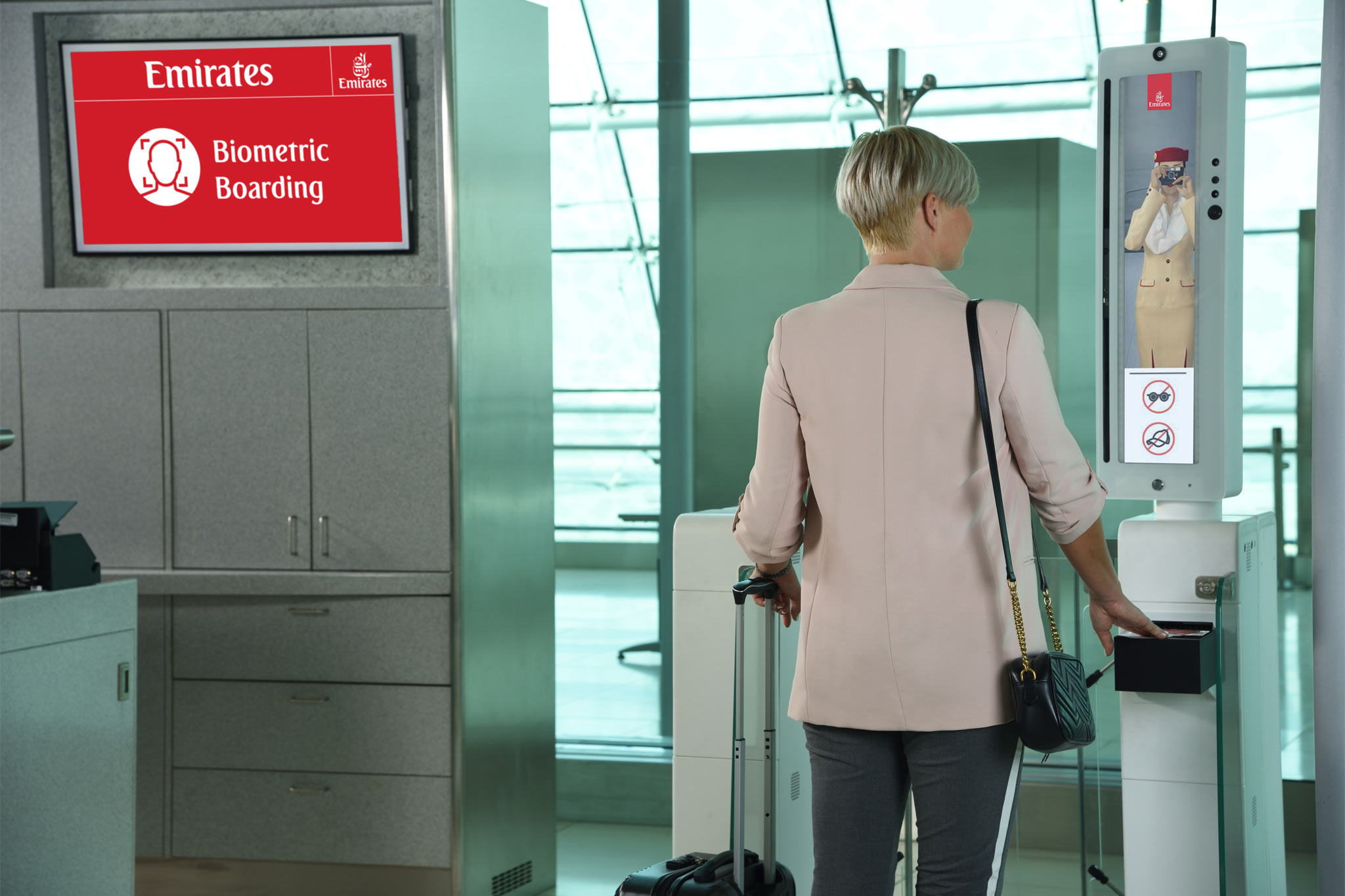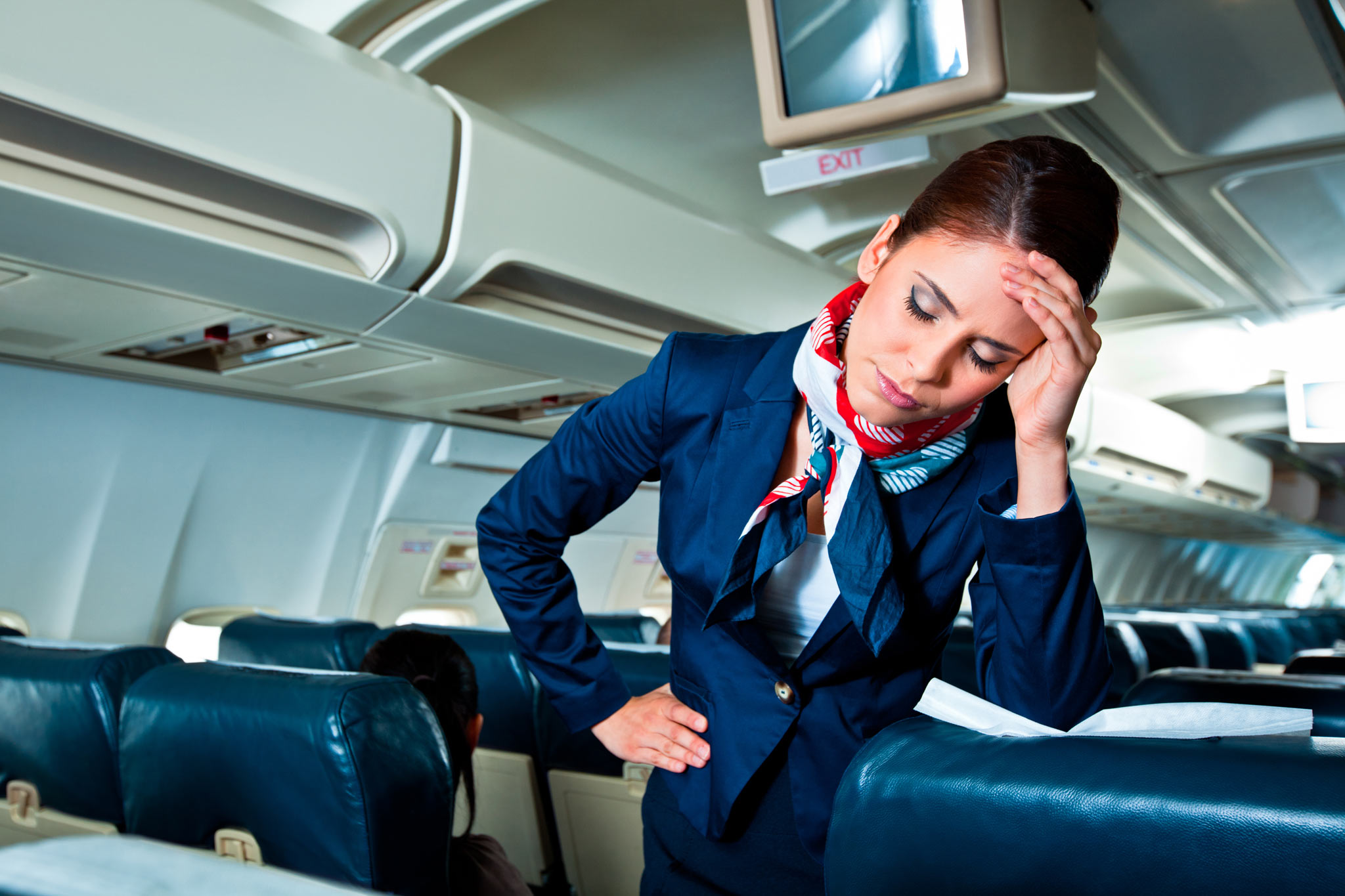As an academic, he has been involved in the field of risk, crisis and security for more than 10 years and has worked on numerous projects with hotel groups. He is also a member of the largest global industrial security professional organisation, the American Society of Industrial Security (ASIS). Professor Alexandros Paraskevas, a professor of Strategic Risk Management, has a PhD in Crisis Management from Oxford Brookes University. Today, he is the Chair of Hospitality in the International Centre for Hotel and Resort Management, part of the University of West London. We met Professor Paraskevas to discuss safety and security in the meetings and events sector and also the wider hospitality industry.
How high on the agenda are safety and security issues in the global meetings and events industry?
“When it comes to ‘mega-events’ and perhaps festivals, safety and security is always high on organisers’ agendas and this has been the case for a few decades. I believe that it’s also quite high on the agendas of meetings, incentives and conventions organisers, but perhaps not as high as it should be,” says Professor Alexandros Paraskevas.
“For example, I came across a relatively recent study on ‘mega-trends’ that will be shaping the meetings and conventions industry until 2030 and was delighted to see that safety and security were included as topics. I was slightly disappointed though when reading the report to see that ‘safety’ was mentioned only four times, just as a title. ‘Security’ was linked more with ‘information security – which is a very legitimate, but not the only point of concern – and broadly with technology, for instance, the use of robots for “cleaning, security or other routine work”. In the same study, 42 per cent of the respondents (all experts in the MICE sector) felt that security is an issue that may strongly influence the industry in the coming years and a further 26 per cent felt it will influence the sector, but less strongly. I’m not too sure about how to interpret these results. Should I be happy that 68 per cent of the expert respondents realise that security is, and will be, a serious challenge for the industry or worried about the 32 % who don’t think it is? Or that in one part of the report, security features between ‘cleaning’ and ‘other routine work’? Of course, this study concerns only one European destination and not the global industry, but this destination is a mega-destination for meetings and events, and reflects the thinking of a significant part of the industry.”
Are there any companies and organisations that are taking the lead on safety and security issues?
“The topic of ‘safety and security’ cannot be ignored and every day we see reminders in the news of why that is so. Therefore, professionals in the field will always have safety and security issues on their checklists. The question is whether these issues are the right ones and whether they are just to be ‘ticked’ or to be scrutinised. There are those professionals who approach the matter purely from a compliance perspective and those who are going the extra mile for the safety and security of their staff and clients. Particularly when it comes to safety – because we treat these two topics together, although they are distinct – the regulatory systems vary from country to country. Organisations with a ‘compliance mindset’ will vary their standards accordingly, whereas the ones that are running their businesses more responsibly will have standards and requirements of the highest level implemented globally. This is not an easy way to do business, but there are a few good companies that strive to achieve it.”
How much more important are safety and security issues today compared to five years ago? And why?
“Safety has always been important, but more recently it has become a norm that’s taken for granted, something that‘s no longer expected, but rather demanded by any service provider. In the past we had accidents that were attributed to bad luck, human error or acts of God and companies would more or less get away with them with few repercussions. They cannot do that anymore, even if the legal consequences in the aftermath are not so serious. The recent example of an accident in a resort hotel in Greece involving a major tour operator, says it all: the court of public opinion will be ruthless in many cases and it will get more serious in the future. The larger companies will step up their game because of social pressure and the smaller ones will have to follow suit if they don’t want to lose business. This is relatively straightforward because employee and customer safety are static risks that can be managed with reasonable effort.”
“Third party certifications are a form of quality assurance”
“Security, on the other hand, is a more dynamic and complex risk because here you normally have to deal with an adversary, whether it’s a criminal, a hacker, a lone wolf or a terrorist group, who are becoming more and more sophisticated. The measures that you take today may not be adequate tomorrow and this is why companies should not be complacent in this matter. Clearly, and despite the study that I mentioned earlier, security can never be classified as “other routine work”. I am glad, in a way, that the professionals in this study see information security as important because this shows they recognise the exponential growth of this threat over the past few years. However, with the global geopolitical situation, the terrorist threat is growing at the same speed, if not faster, and, when you add the grave societal problems all over the world, criminality and social unrest, in general, are growing threats too.”
What do you think of the Safehotels Alliance certification?
“It’s a very interesting initiative in the hotel industry that comes at a time when safety and security are higher on the business agenda. Although these topics were always important for hotels, hoteliers tended to be reluctant to go the extra mile and always took a regulatory compliance approach, which is not always the best one. Compliance with domestic rules and regulations will never constitute a rounded hotel safety and security strategy. Safehotels Alliance certification is based on the Global Hotel Security and Safety Standard, which is a strategy. In that sense, it helps hotels go the extra mile by properly developing and validating the implementation of safety and security policies, standards and procedures. I understand that the 220 or more checkpoints of the certification audit points include the hotel’s communication policy offering guidance for the right response to any kind of emergency, which is a huge step-up for a large part of the industry.”
Is it important to have third-party certification, and if so, why?
“Third-party certifications are a form of quality assurance for certain aspects and functions of a hotel. Putting aside the star ratings and other similar schemes, these certifications started over 30 years ago and involved areas such as staff development (Investors in People), quality of service (Hospitality Assured) and various ISOs, but even today the most prominent ones relate to the hotel’s environmental concerns. Today, third-party certifications have expanded into other areas of ‘responsible’ or ‘sustainable’ business such as the supply chain. These certifications normally assure the individuals or companies who care about these issues that the hotel meets the standards set by the certification provider. The more known and respected the certification provider is, the higher the value of the certification.”
With agreements such as the one with Carlson Rezidor, Safehotels certification now extends around the world. Will this mean other hotel chains have to follow suit and create their own safety and security strategy?
“I believe so. It will certainly cause some ripple effects. Of course, certification of this kind provides a certain competitive advantage in the battle to gain market share. A safety-conscious customer will prefer a certified hotel. But, I think certification may not mean much to the leisure or individual traveller, the B2C segment. Where it will truly make a difference is in the B2B segment, namely the corporate segment, and, to a certain extent, in the tour operation segment. The big corporations, under the pressure of ‘corporate manslaughter’ liability for their staff, and the tour operators (travel and MICE) will certainly prefer to do business with a hotel that’s independently certified for its safety and security. To compete in this lucrative market, more hotels will step up their safety and security strategies and may eventually seek certification.”
“A safety-conscious customer will prefer a certified hotel”
Is there any discussion in the academic world concerning comparisons between Safehotels certification and other safety standards?
“There is some discussion about third-party certification in general, but although Safehotels certification has been available for a while, it’s too new to attract such a discussion. In general, safety and security standards receive little attention in the hospitality academic world with a few exceptions, such as the work we are doing with several hotel and contract catering groups here at the University of West London’s International Centre of Hotel and Resort Management. It has received more attention in the events and festivals sector from the University of Technology in Sydney and for meeting planners by one or two academic institutions in the US.”
When do you think safety and security strategy will become a must for all big hotel chains?
“As an academic, I have been involved in the field of risk, crisis and security for more than 10 years and have worked on numerous projects with hotel groups. I am also a member of the biggest global industrial security professional organisation. I, therefore, know from first-hand experience that it is a ‘must’ for all hotel groups, but perhaps its position varies on their corporate agendas. The main issue for many (myopic) boards is that investing in safety and security does not provide a clear return on investment. I’m sure that many executives will look at third-party certification on safety and security more as a corporate social responsibility investment and prioritise it as such, which means “maybe in a year or two … or more”. The more open-minded will link any investment in safety and security with increased reputation capital, reduced insurance premiums and reduced claims relating to owner’s liability and employee compensation. There may be some resistance also from existing hotel safety and security executives who will need to understand that such a certification is not replacing their strategies but recognises and celebrates ‘good practice’ and offers opportunities for further improvements. The real wake-up call for all those who lag behind will come from the loss of lucrative corporate and MICE accounts, which will move to hotel groups that provide evidence of their safety and security strategies and from the higher premiums their insurers will be asking.
“One big challenge that hotel groups have, and will soon need to deal with, is the inconsistency of safety and security standards between owned/managed and franchised properties. What most people don’t realise is that these standards may vary from hotel to hotel. Franchised properties are not obliged to comply with all the safety and security standards of the brand they have as a flag and, as a result, two properties under the same flag may have completely different standards. If something goes wrong, it’s the hotel operator, not the brand, who is legally liable. However, guests choose a hotel because they trust the brand, not its operator. This is something that the industry will need to address and fairly quickly.”
“We will have more intense, sophisticated and complex security threats to deal with”
Do you see a growing demand for training in safety and security matters? Which areas will be covered first?
“Many hotel companies have developed their own training schemes or rely on consultants such as fire engineers, environmental officers and former military or police officers to develop their programmes and strategies. Organisations representing security professionals also offer a number of courses to their members and others who are interested. There are professional courses available, but not many in a hospitality industry context. Most hotel school curricula have been stripped of courses relating to safety and security. The ones that exist are mainly basic food hygiene courses and some other relevant courses are offered as electives. Let’s face it: safety and security are the least ‘glamorous’ functions in the hospitality field for someone to study. Until there are culture changes at board level regarding this area, it will not be at the top of anyone’s agenda.”
What are the most important safety and security issues in the global meetings, events and hotel industry today and in the future?
“Safety risks are static and based on specific hazards, so they do not change dramatically over time. Fire safety and food safety are the most important ones, followed by occupational health and safety for employees, and premises usage safety for both hotel guests and meeting and convention delegates (slips, trips and falls, room safety, pool and leisure facilities safety, etc.). Security risks are more dynamic and based on evolving social, technological and geopolitical threats. This can vary from financial criminal activity (petty theft, fraud in various departments of the operation, counterfeit tickets and coupons) to ‘serious crime’ (child prostitution, forced labour by a contracted agency, murder of guests and employees by an active shooter), data breaches and hacking of business networks (customer credit cards, denial of service in reservation’s website) and activist protests or terrorist attacks. These risks are important today and will become even greater challenges tomorrow.”
Looking five years ahead – how much more important will safety and security issues be then?
“I can look back 30 years to when I started working with Marriott. At that time, the security officer was in charge of chasing prostitutes out of the hotel, checking the expiry date of fire extinguishers and perhaps searching staff bags in case someone stole hotel property. Today, we have to deal with all the safety and security issues I described above – and more. For example, a couple of years ago I was working with a hotel group on safety issues when the Tohoku earthquake hit Japan, where it had over 30 properties, a call centre and a corporate office. We were ready to deal with the earthquake, we had safety standards in the event of a tsunami, and we had business continuity plans in place for the corporate office and the call centre, but we were not prepared for a nuclear threat. We had to become ‘experts’ in this, too. Five years from now, I expect that we will have more or less the same safety risks, but more intense, sophisticated and complex security threats to deal with,” concludes Professor Alexandros Paraskevas.



